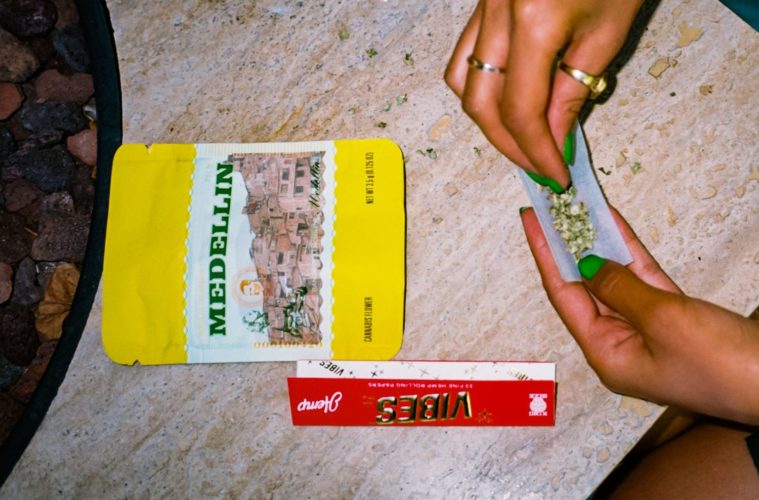As the Lemonnade brand continues its hunt for exotic sativa genetics, cofounder Brett Wilson chatted with us about his own experiences working with cannabis as a teenager in Santa Cruz and his company’s rise to prominence.
Many people say that they’ve been in the cannabis game their whole life, but Wilson remembers those earliest days of Prop. 215. Wilson was first exposed to the cultivation practices that would end up defining his adult life as he watched his father tend to his medical garden.
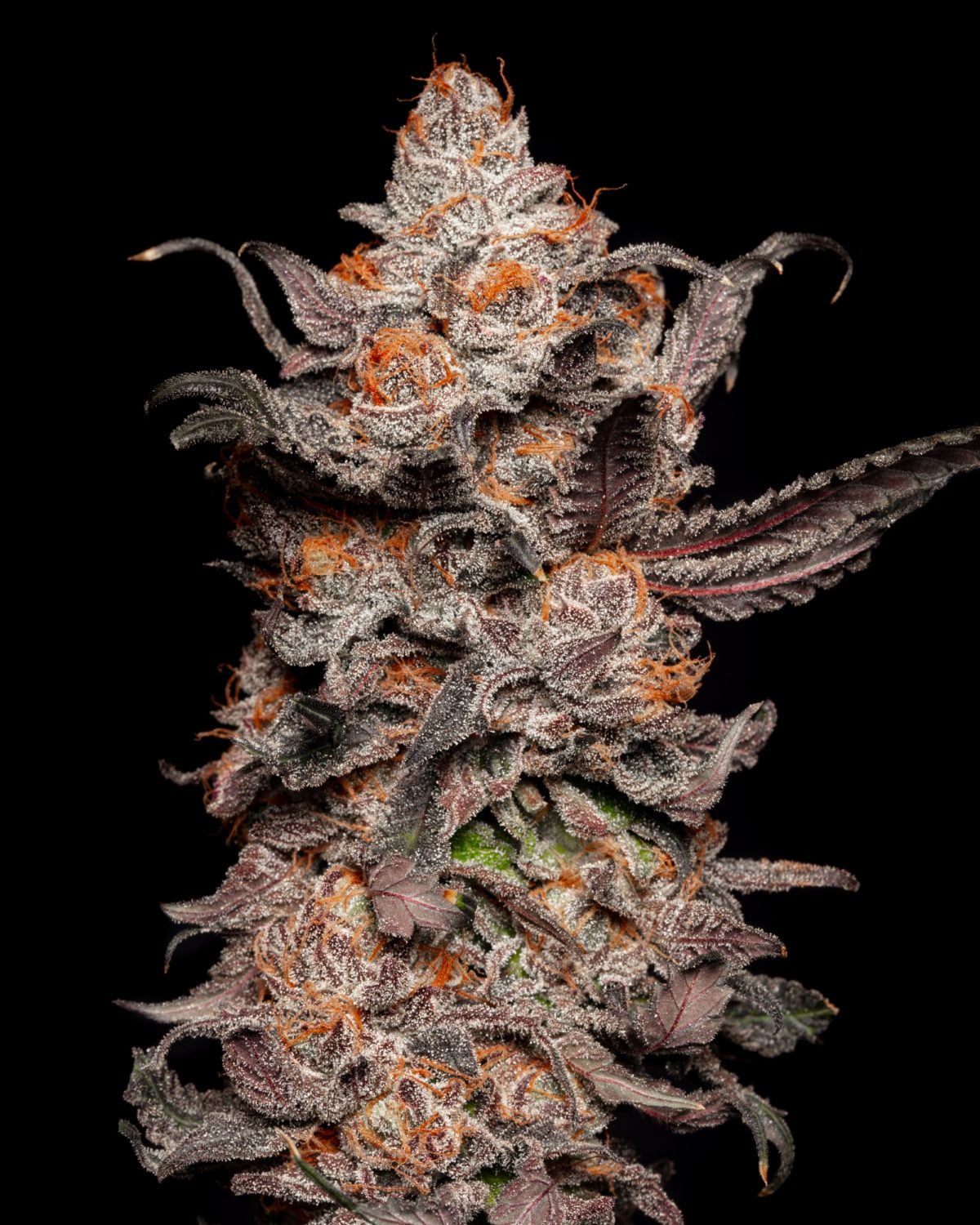
Lemoncello
And the weed in Santa Cruz his dad had access to didn’t suck. A few brands have been built on the back of a Lemon Diesel that came out of the Santa Cruz Mountains back in the day.
“He just always smoked cannabis and saw growing was starting to get accepted a little bit more,” Wilson told L.A. Weekly of those the early days watching his dad. “He just started with his little one lighter, I was in the fifth grade. Then after a year or two into it, he would have me come in and help here and there. I was like 12 or 13 when I first started helping my dad, which is kind of rad and crazy.”
We asked what it was like seeing those famous genetics of yesterday up close as his dad prepped them for his enjoyment?
“I wish I would have kept so many,” Wilson quickly replied. “There’s so many amazing genetics that we were running through back then that like nobody kept or has. They’re so hard to find, so many you know, like all the berries, Sensi Star, Cinderella 99.”
Wilson believes one of the most interesting things about the genetics world is how some of those strains that ruled their day disappeared. “It’s crazy to see things that were the most popular strain, that everyone smoked, can actually get lost that easily,” he said.
Wilson says the phenotypes of Granddaddy Purple and Purple Urkel he use to grow are lost to the ages. The lost genetics were actually part of what got things going with his Lemonnade cofounder Berner. Berner had plenty of his own hands-on experience in the cannabis industry to fall back on from when he was still working his way up the Billboard charts and a keen eye for what flavors weren’t in the mix anymore. Wilson said even though his partner wasn’t necessarily a cultivator, it was pretty clear to anyone who has been in the industry what formerly hot flavors were gone, and there was a need for an injection of new flavors, something Berner was already working on with Cookies.
“He just saw them come and go. Then when he met me he was like, we need to make a menu, a menu that people will want,” Wilson said.
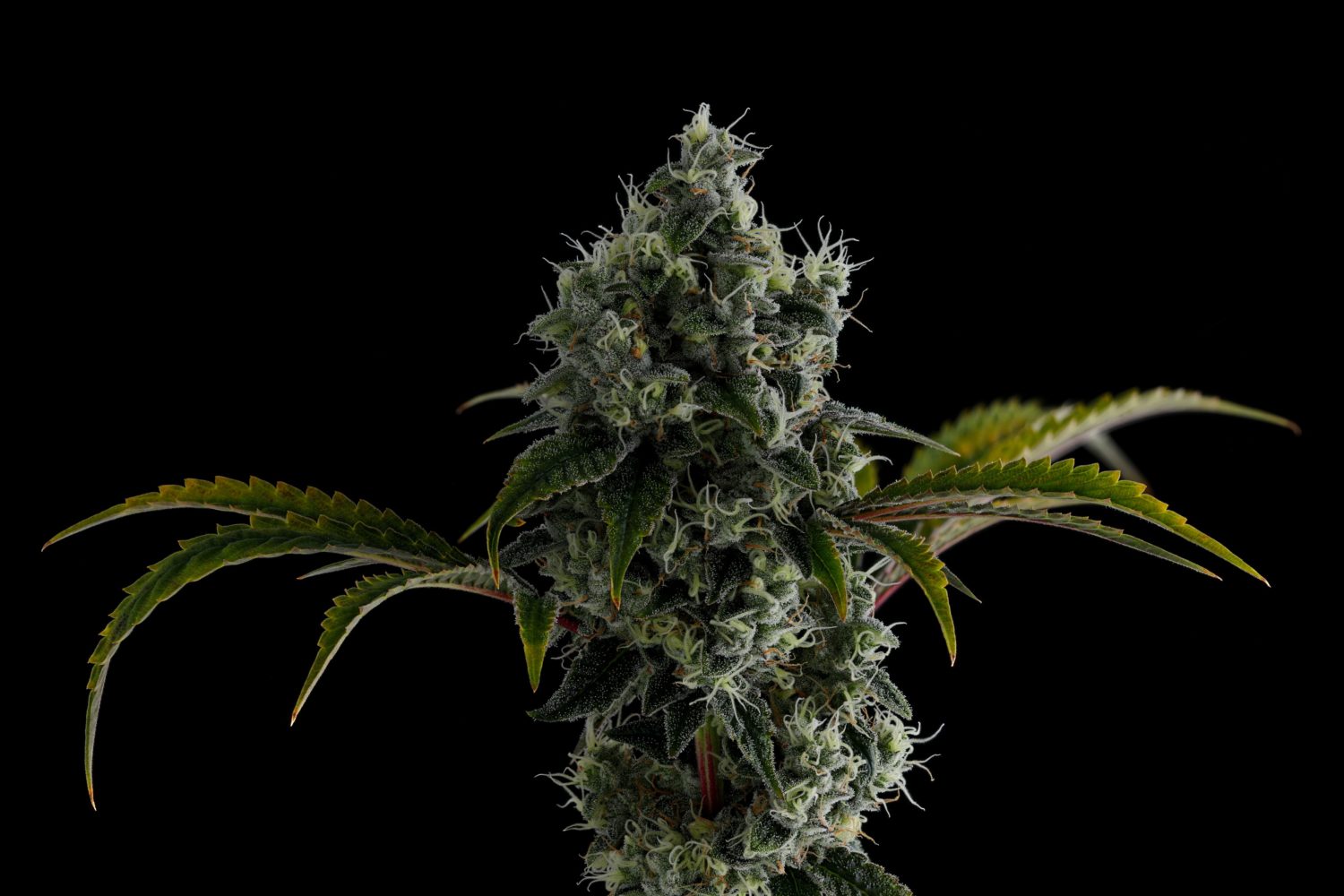
Blanco
A year before they would officially start Lemonnade, Wilson got his hands on what would become the namesake genetics. It was loaded with that signature Santa Cruz lemon flavor. Not long after, the wider genetics hunt would begin. Starting about five years ago, Wilson would search out the rest of the genetics he would need for the proper sativa-inspired menu they were shooting for.
Now years into the hunt, and operating in multiple states, we asked Wilson what the propagation process was like to whittle it down to these winners that are doing better than ever.
He said the number of plants they went through assembling the line as a whole was insane.
“I mean the Medellin for example, we had over 120 of them and only ended up keeping two. It ends up being such a huge volume of seeds just to pheno hunt them,” Wilson said. “Then testing them at least three or four times to make sure they’re a proper keeper for production.”
Wilson admitted with a laugh that over the last five years, there may have been a couple of moments he went a little too big on those pheno hunts. About nine winners from over the years are now in the official stable. Some of the other success stories from the hunts got sent over to sister company Cookies. It served as the main point of retail distribution before Lemonnade’s shops started opening.
We asked if it was always generally easier to focus on the cultivation side since he has not had to worry about distribution since day one? Wilson replied that the team around him has certainly made it easier. 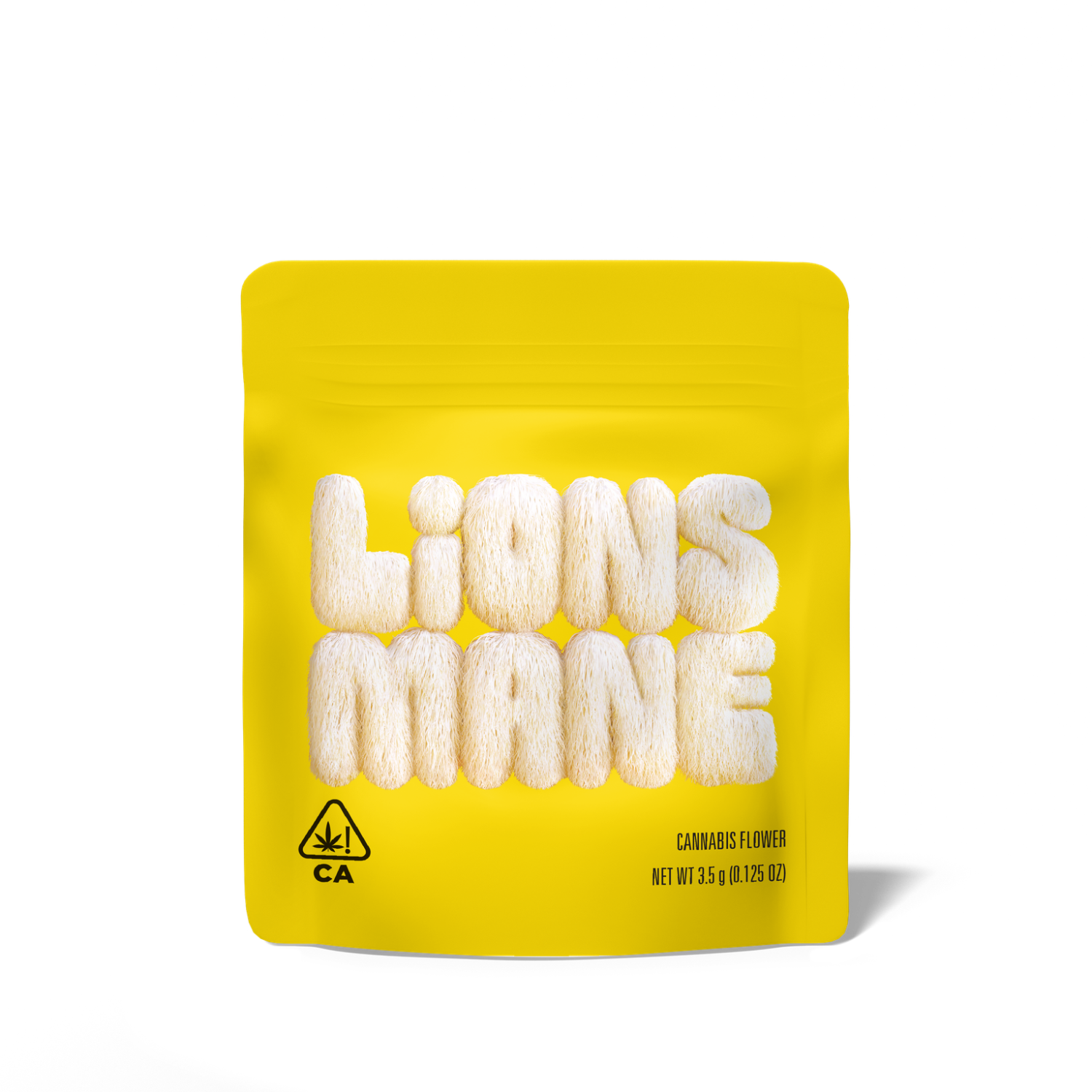
As we spoke, Wilson was taking part in the build-out of the new facility Lemonnade will use to continue to hunt down fresh genetics. There he’ll prepare the next flock of Lemonnade strains to compete against the marketplace. We asked him as he sat there what he thought of the current state of cannabis being pushed as an exotic or top shelf?
“I think it’s insanely competitive, obviously,” he replied. “The world of pheno hunting and having your own menu, and new strains, and exclusive something that nobody else has. It’s just become the new thing and everyone wants to do it.”
Wilson feels like a few years ago nobody was talking about breeding. It was a specialized process that was done by specialized farms and then everyone would fight to find or get gifted the best phenos possible of whatever the marketplace was pumping at the time.
“When you pheno hunted pre-rec, it was hard to make money off it,” Wilson explained as the reasoning for the limited genetics pool. “It was very, very hard. And I’ve seen now in the rec market, which is amazing to see, people can launch their new pheno hunts and just let the public decide which ones they like the best.”
Wilson thinks it’s simply fantastic the public gets to take part in such an intimate way and it makes a lot more sense than a few limited pallets dictate the overall vibe of the flavors on the market.
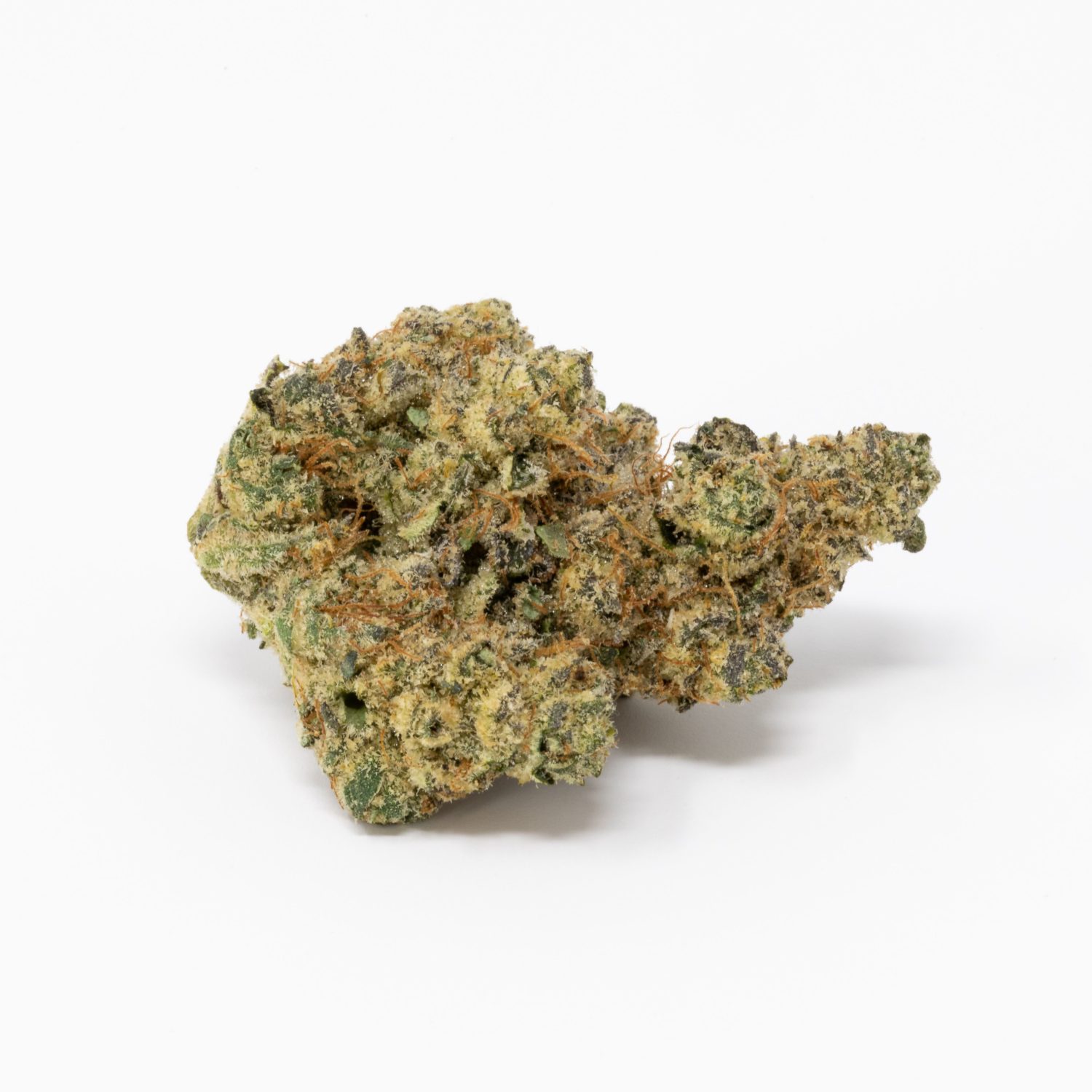
Cake Mix
A lot of people forget that even though Lemonnade is starting to blow up a bit more now, it’s a legacy brand from the medical marketplace. We asked Wilson what it’s like being one of the survivors to still exist in the legal marketplace.
“I mean, I can’t explain how frustrating it’s been,” Wilson said. “It’s at least been a really big learning process. Our team has done a really good job of figuring out as fast as they could. But everyone was learning in the industry. I mean, there were times when we saw manufacturers take way too long to get tested and packaging to take way too long, stuff would just turn brown. It was in a sad state and it’s changed a lot. But it still affects the quality of it and there are certain things I would like to see changed.”
You can keep an eye out for Lemonnade at their retail locations that are starting to pop up and at Cookies.
Advertising disclosure: We may receive compensation for some of the links in our stories. Thank you for supporting LA Weekly and our advertisers.

